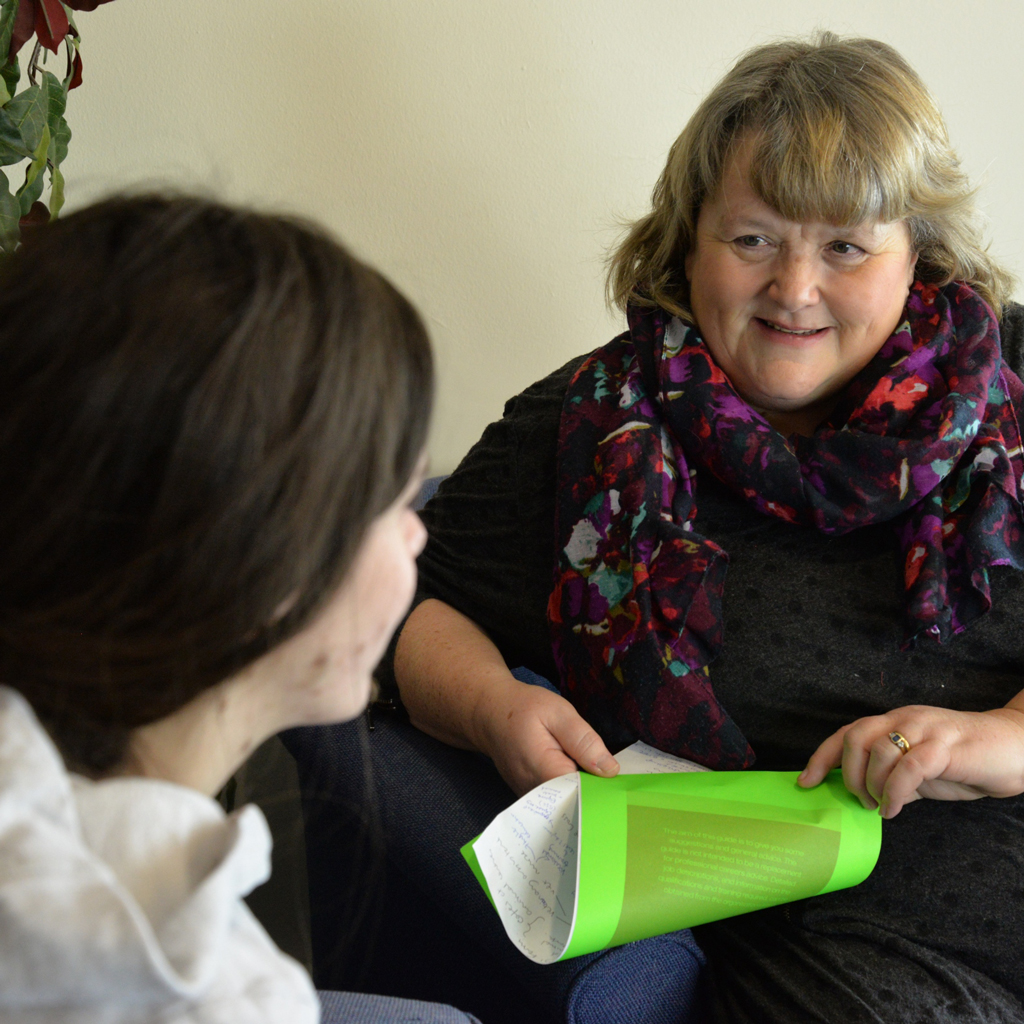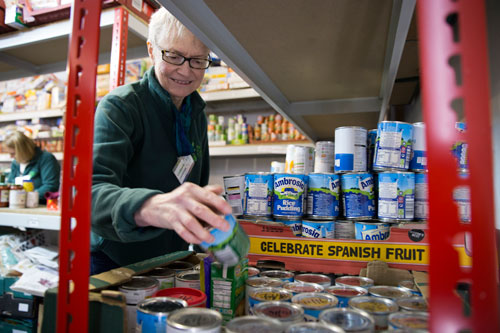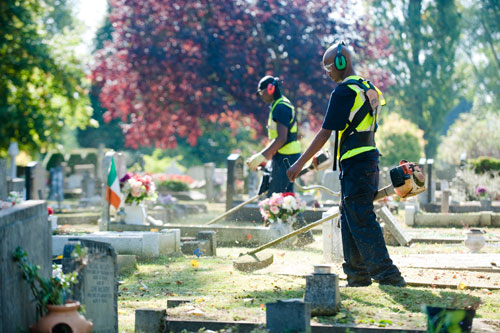Social care, advice and support category winners
2023
Refuge
In 2017, Refuge analysed its data and identified from case workers’ records that women were increasingly seeking help as survivors of domestic abuse perpetrated through technology. Tech abuse takes multiple forms, including stalking via mobile phone trackers and online harassment. It can be distressing and relentless, and outside agencies often lack the skills and knowledge to help.
2022
Back on the Map
Back on the Map (BotM) is a resident-led community anchor, delivering services and housing in Hendon, a ward of Sunderland which is in England’s top 10% most-deprived.
2021
Suffolk Family Carers
The charity supports family carers of all ages to feel visible, valued, supported and connected. It was among the first carers’ charities to develop and implement a Young Carers School Award. Suffolk Family Carers identified two main issues. First, there are many hidden carers. Young carers do not readily self-identify and therefore remain hidden and unknown to services. Therefore, its first objective was to encourage young carers to self-identify.
2019
The Nelson Trust
In 2013, keyworkers at the Nelson Trust were working with women in Gloucester and Swindon with multiple and complex disadvantage, such as sex working, homelessness, and substance addiction. This work led the Trust to set up the Sex Worker Outreach Project (SWOP) to improve the safety of these women and support them to exit street sex working, and remove the stigma and shame women experience even after leaving. Between September 2017 and August 2018, 89 women improved their housing situation; 63 took steps to improve their personal safety, 58 increased their engagement with substance abuse services and 10 were supported to report violent crimes to the police.
2018
Volunteering Matters
Building on the nurturing and accepting relationship between a young person and a grandparent, Volunteering Matters recruits, trains and supports volunteer mentors who are aged 50 plus, and otherwise known as ‘Grandmentors’, to use their skills and experience to provide bespoke mentoring for young people leaving care. Set up in 2009 and working with Islington Council, the Grandmentor scheme is most valuable in that the care leavers know and appreciate that these mentors are volunteers, not part of the care system and are giving their time for free. Results show that after six months, 95 per cent of care leavers supported by Grandmentors were in education, employment or training, compared to the national rate of 49 per cent.
2017
Smart Works
Smart Works exists to help unemployed women into work, by growing their interview skills, and providing them with professional clothes to boost their confidence. Women are more likely to have breaks in their employment record due to caring responsibilities and many of Smart Works’ clients have applied for a significant number of jobs before coming to the charity. The charity works alongside the prison service, care service, homeless shelter and refuges to help their clients. It also works alongside a number of high profile fashion labels.
2016
The Trussell Trust
Every day people in the UK go hungry because they are in crisis and temporarily do not have enough money to buy food. Having been made aware of the problem of “hidden hunger” by a local mother, the Trust’s founders Paddy and Carol Henderson launched the first Trussell Trust foodbank from their garden shed in 2000. They went on to develop the principles that hold firm today: all food should be donated and volunteers should be enlisted to administer the food and provide non-judgemental emotional support.
2015
Blue Sky Development & Regeneration
Ten years ago, ex-bank robber Steve Finn met Mick May, an ex-banker, and the two of them decided to do something about the ‘revolving prison door’ problem that sees nearly two-thirds of all offenders released from prison go on to commit more crime within two years. They set up Blue Sky, “the only company in the country where you need a criminal record to work there” – an employment agency that provides labour for entry-level vacancies within local authorities and, more recently, private sector firms that deliver public services.








